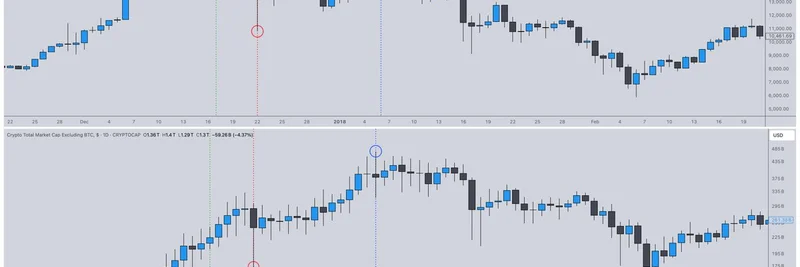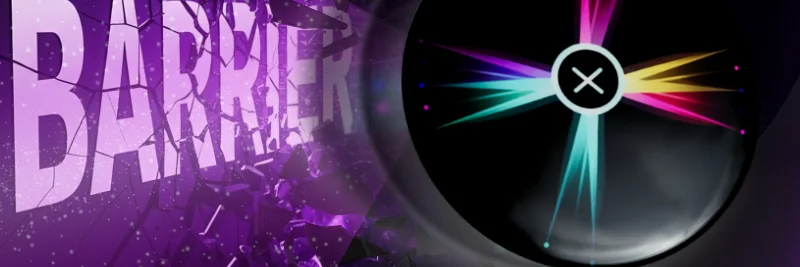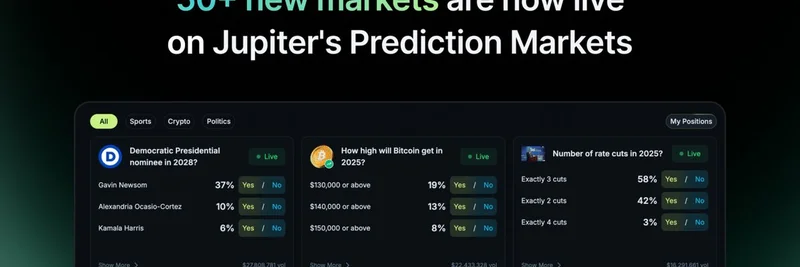In the fast-paced world of meme tokens, where every trade can feel like a rollercoaster, it's easy to get swept up in the hype surrounding new platforms. A recent tweet from crypto enthusiast @0xSisyphus has sparked discussions about the risks of using knockoff versions of Hyperliquid, a popular decentralized exchange (DEX) known for its perpetual futures trading.
Hyperliquid has carved out a niche in the blockchain ecosystem by offering seamless perpetual contracts, which are essentially bets on asset prices without expiration dates. This makes it a go-to spot for traders dealing in volatile meme tokens like those inspired by internet culture or viral trends. But as Sisyphus points out, there's big money in promoting these imitators, even if they're not up to snuff.
"Lots of money to be made telling the rest of the world that knockoff versions of Hyperliquid are great, just can't recommend to actually use them," Sisyphus tweeted. He warns that the noise will be loud, especially around volume numbers on these top platforms. Volume refers to the total amount of assets traded over a period, but it can be artificially inflated through tactics like wash trading—where the same entity buys and sells to itself to fake activity.
On the flip side, open interest is a tougher metric to fake. It measures the total value of outstanding contracts, showing real skin in the game from traders. If a platform's open interest is low despite sky-high volumes, that's a red flag. It suggests the buzz might be manufactured, not organic.
This insight is crucial for meme token enthusiasts. Meme coins thrive on community hype and rapid trades, often on DEXes. Jumping onto a knockoff could expose you to poor liquidity, higher fees, or even security risks. Remember the collapses of some hyped platforms in past cycles? Sticking with proven ones like Hyperliquid might mean missing out on airdrops or short-term pumps, but it prioritizes safety and reliability.
Replies to the tweet echo this sentiment. One user notes, "hyperliquid is the one to use, others are the ones to farm," implying alternatives are better for quick gains via incentives but not for serious trading. Another advises, "Stick with what you trust. Noise will fade."
For blockchain practitioners diving into meme tokens, this serves as a reminder: Do your own research (DYOR). Check metrics like open interest on sites like DefiLlama or directly on the platform. Engage with communities on X (formerly Twitter) to gauge real user experiences.
In the end, while the allure of new DEXes is strong, especially with meme token mania, heeding warnings like Sisyphus's could help you navigate the noise and build a stronger trading strategy. What's your take—have you tried any Hyperliquid alternatives? Share in the comments below!



